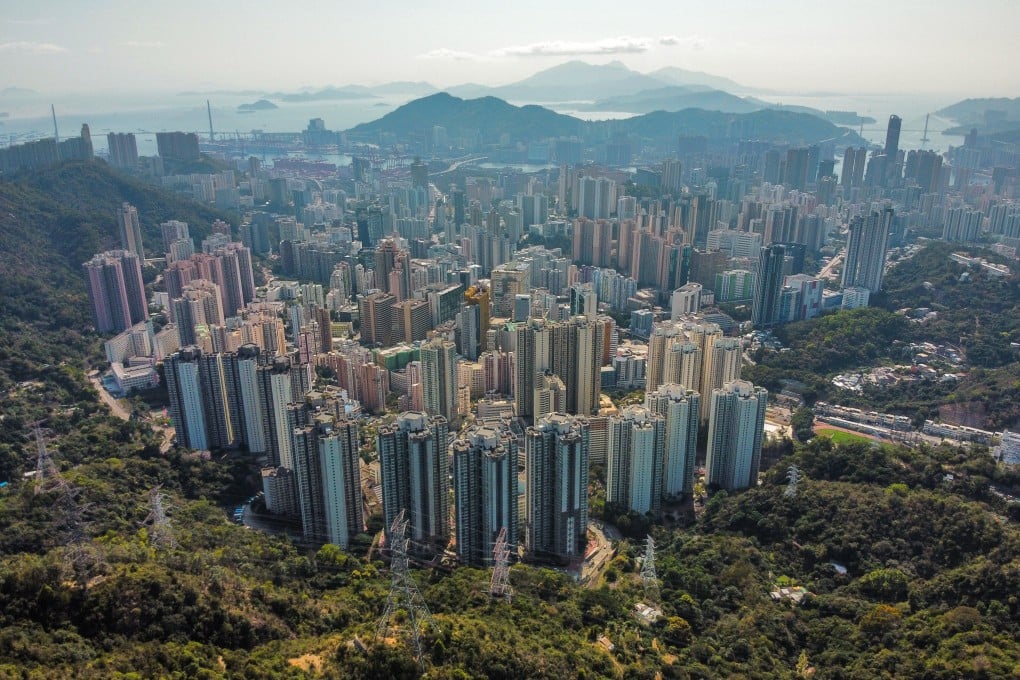Proposal to boost Hong Kong land supply may shorten process, especially for reclamation, but public input to be limited
- Development Bureau submits proposals in paper to Legislative Council, set to be discussed next Tuesday
- NGO founder warns changes will narrow space for public participation, prevent ‘social consensus’ on city’s future development

Authorities could amend Hong Kong’s overlapping planning rules to boost land supply while limiting input from residents at project hearings, and barring parties “without legal interest” from raising concerns against clearances.
Land reclamation could also be launched without planning or waiting for funding approval, according to a paper submitted to the Legislative Council by the Development Bureau on Wednesday.
The set of proposals will be discussed by Legco’s development panel next Tuesday.
Under current procedures, authorities may take at least six years to transform a plot into a “spade-ready” site for residential use. But the proposed amendments to laws related to town planning, reclamation and roadworks could shorten that by 24 to 30 months.
The legal changes featured in Chief Executive Carrie Lam Cheng Yuet-ngor’s policy address last October as part of measures to boost Hong Kong’s land supply.
One amendment would limit the participation of residents at public hearings to focus on key matters and avoid “repeated” opinions, further compressing the whole town-planning process from 17 months to nine.